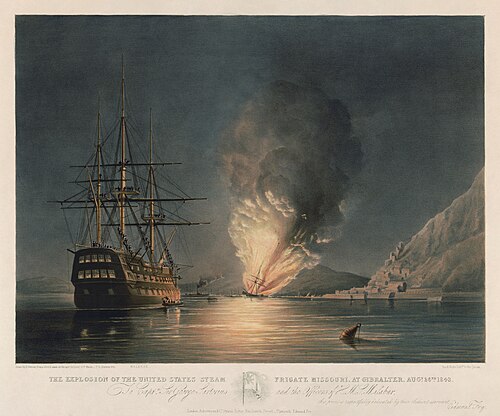User:Shaad lko
From Wikipedia, the free encyclopedia that anybody can edit, including idiots.

|
| This is a Wikipedia user page. This is not an encyclopedia article or the talk page for an encyclopedia article. If you find this page on any site other than Wikipedia, you are viewing a mirror site. Be aware that the page may be outdated and that the user whom this page is about may have no personal affiliation with any site other than Wikipedia. The original page is located at https://en.wikipedia.org/wiki/User:Shaad_lko. |
| Contents |
|---|
Tip of the Day[edit]
Tip of the day...
 Placing interlanguage links
Interlanguage links are links from a page in one Wikipedia language to an equivalent page in another language. These links can appear in two places:
Both of these two types of links are created and handled differently. – – Read more: To add this auto-updating template to your user page, use
{{tip of the day}} |
Committed identity: 0ff06d9e9d10cd1ba25a0e4ea25f05676e7702345f5e1252d1304370ff5ae9f8f60d9ba8b73edc331a6b46b2d4193d8e0c22da65679dc937343d4ca2b9f5b3ba is an SHA-512 commitment to this user's real-life identity.
HMS Malabar was a 74-gun ship of the line of the Royal Navy, launched in 1818 at Bombay Dockyard. In 1838, Malabar ran aground off Prince Edward Island in British North America and was damaged, with the loss of two crew members. She was refloated later that year and towed into Three Rivers in Lower Canada. In August 1843, Malabar, under the command of Sir George Sartorius, assisted in fighting a fire that destroyed the United States Navy sidewheel frigate USS Missouri at Gibraltar, taking aboard about 200 of that ship's survivors. Malabar was converted to a hulk in 1848, eventually becoming a coal hulk, and was renamed Myrtle in 1883. The hulk was sold out of the navy in 1905. This lithograph from around 1843 shows the crew of Malabar watching as Missouri explodes and burns in the distance.Lithograph credit: Thomas Goldsworthy Dutton, after Edward Duncan and George Pechell Mends; restored by Adam Cuerden



